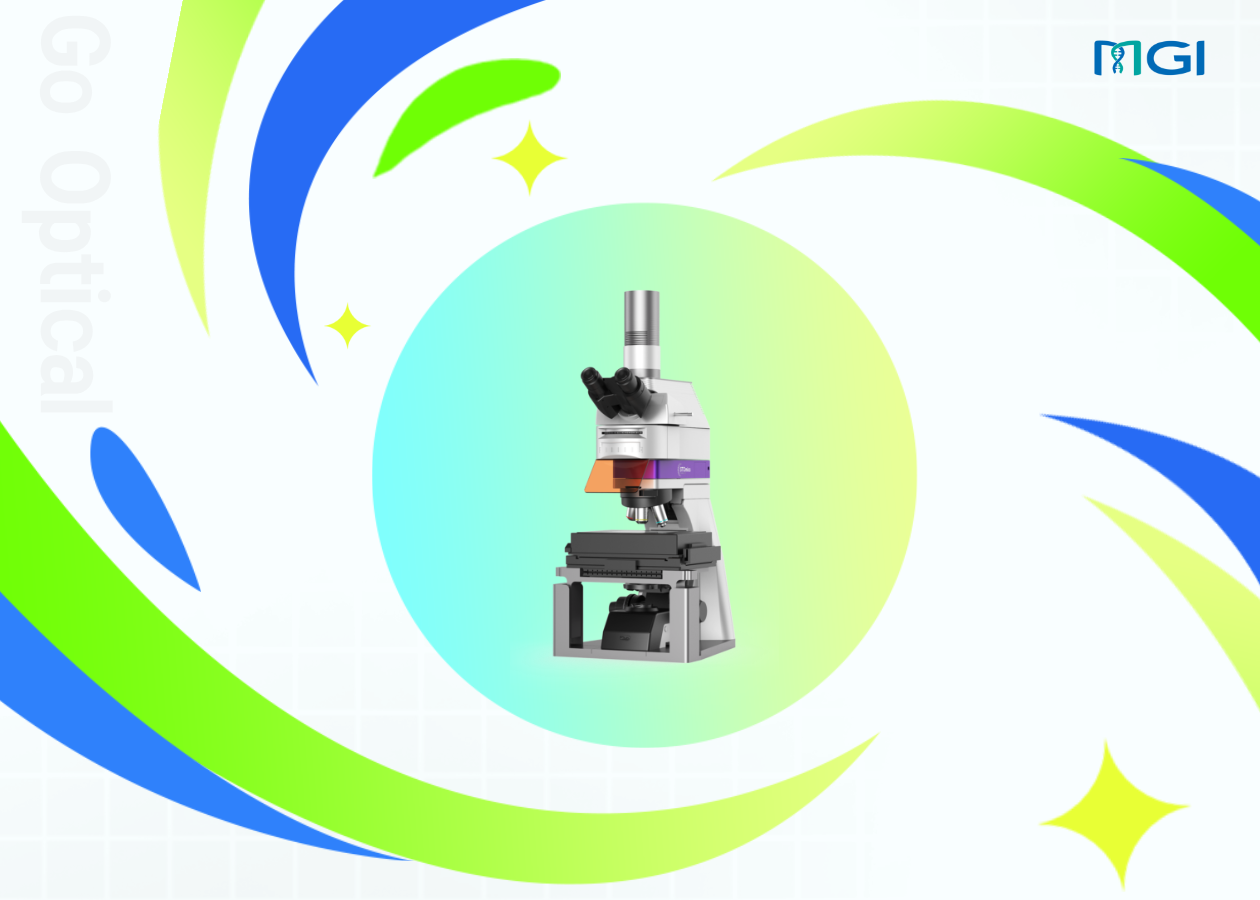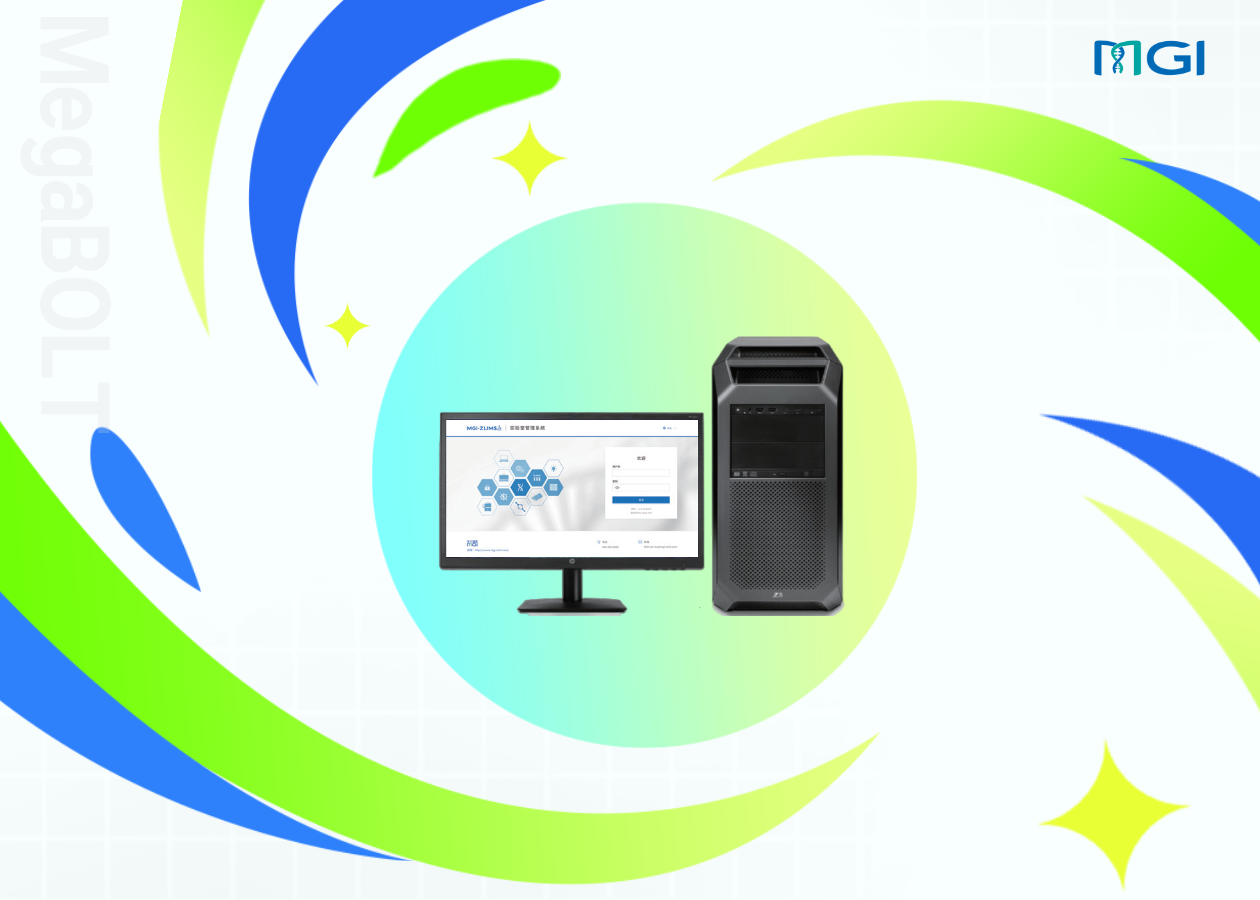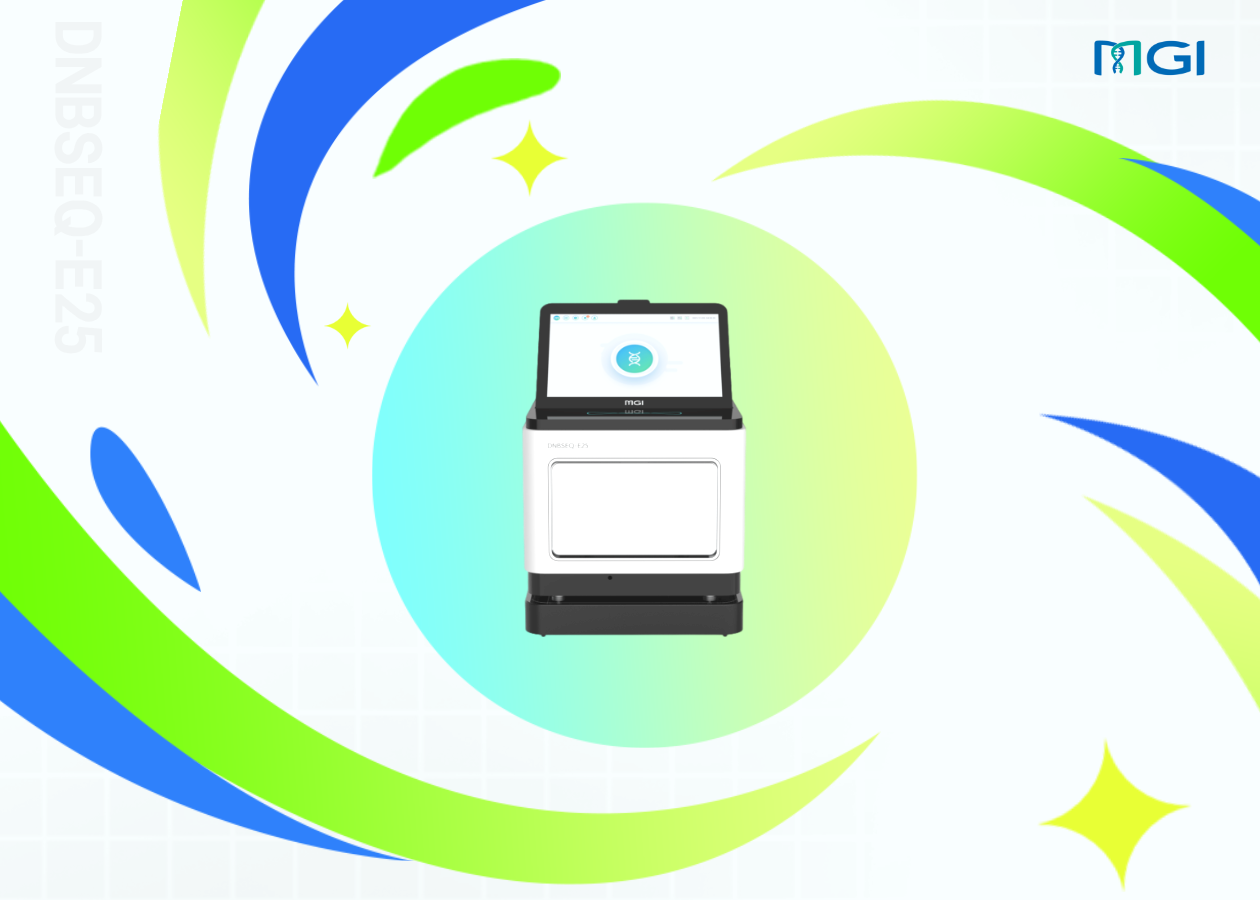Rare diseases have historically been overlooked because they affect relatively few people.
While they are identified and addressed differently around the world, there are over known 6,000 rare diseases – characterized by a wide range of disorders and symptoms varying not only from disease to disease, but also between patients with the same disease. Changing or non-specific symptoms often mask underlying rare diseases, resulting in misdiagnosis and delayed treatment.
With up to 90% of rare diseases considered serious or life-threatening, and 95% without a treatment option, those affected lead a life plagued by the chronic, progressive, and debilitating aspects of their conditions – often without answers or support for years on end.
On the last day of February each year, World Rare Disease Day is celebrated around the globe to raise awareness for the 300+ million people living with conditions that often escape notice, as well as their families and carers.
For researchers like Dr. Yasushi Okazaki and his team from the Intractable Disease Research Center at Japan’s Juntendo University, this occasion also honors their years-long efforts in finding answers for patients living with rare diseases through genetics, allowing them equitable access to diagnosis, treatment, and social care.
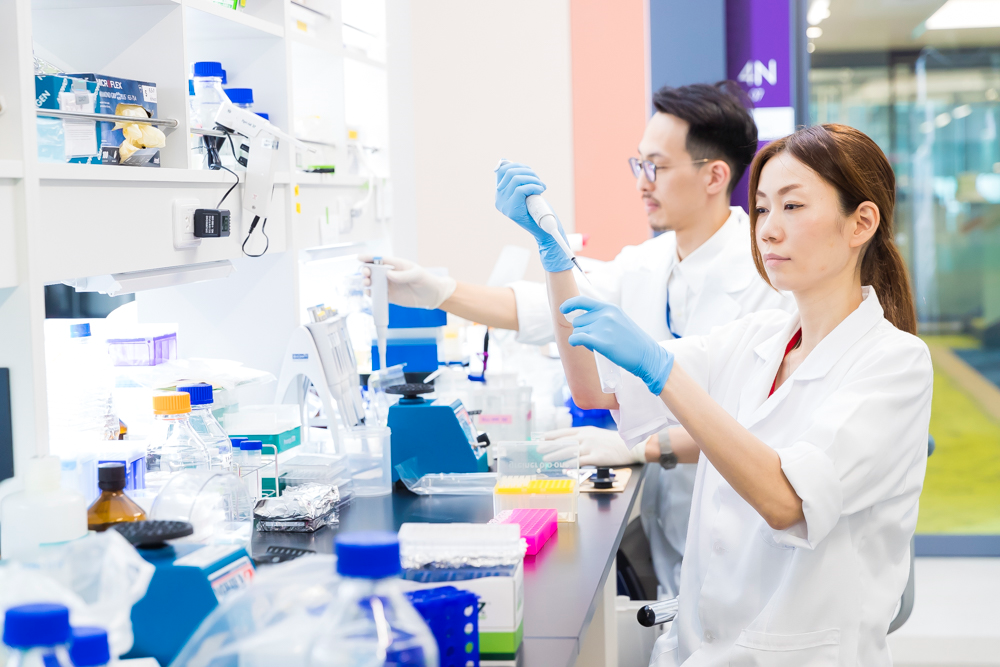
(Researchers from Juntendo University are doing test. Source: Juntendo University)
“72% of rare diseases have in fact a genetic origin,” said Dr. Okazaki. “And our work revolves around identifying the causative genes of difficult diseases and using this information to develop a cure.”
Initially a cardiologist, Dr. Okazaki’s career took a turn during his graduate studies in early 1990s as the landmark Human Genome Project took flight. “At the time, everyone was talking about it as the next great project for humanity after the moon landing,” he recalled. “Genetics have the power to unlock our understanding of all human diseases, and I wanted to get as close to that as possible.”
(Dr. Yasushi Okazaki)
Following five years of acclaimed research in mapping the key gene for hamster cardiomyopathy, and a stint at the first gene center in Yokohama summarizing mouse cDNAs, Dr. Okazaki was determined to do something related to human diseases. It was at the Saitama Medical University Research Center for Genomic Medicine that he began to devote himself to searching for the causative genes for various rare hereditary diseases, including mitochondrial diseases.
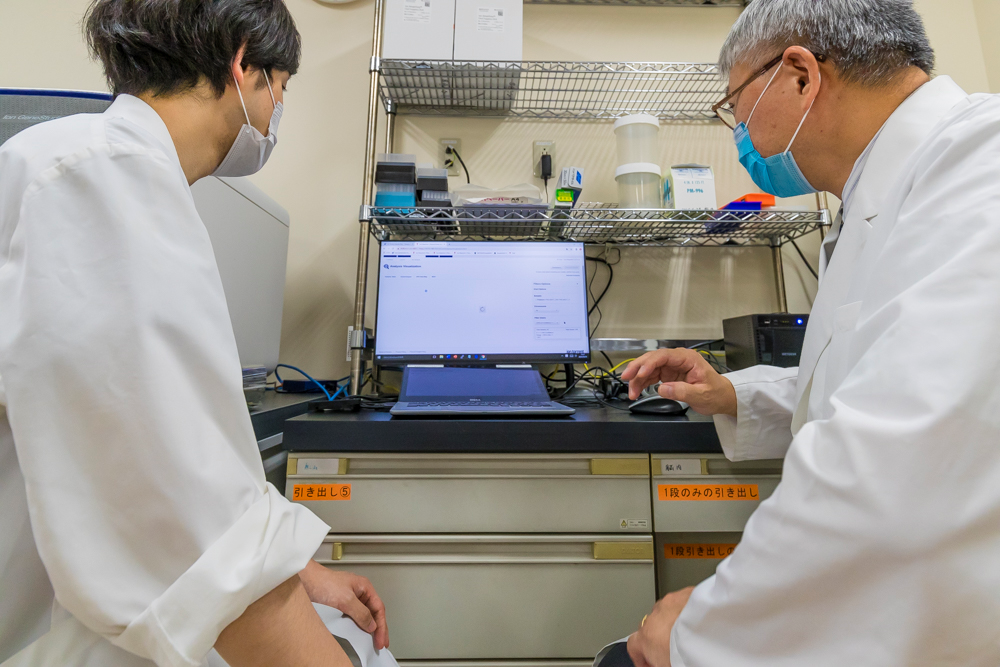
(The Intractable Disease Research Center at Juntendo University.
Source: Juntendo University)
“According to birth calculations, the probability of mitochondrial diseases is approximately 1 in 2,000, with various estimates ranging from 1 in 1,500 to 5,000,” he explained. “Given the current birth rate in Japan, with about a million births annually, there are approximately 200 cases each year, resulting in 200 to 300 patients.”
As the most common congenital metabolic condition, the most severe types of mitochondrial disease mainly occur in childhood. Onset in adulthood, often involving mitochondrial DNA abnormalities, can also be triggered by factors such as stress, causing psychiatric symptoms, cardiomyopathy, seizures, kidney and liver dysfunction, and hearing loss.
“Most genetic diseases have one to two causative genes, but mitochondrial diseases are said to have about 1,500,” said Dr. Okazaki. “Our team developed a sequencing platform using the mitochondrial disease gene panel based on data collected from analyzing over 2,000 cases. We can now screen 367 causative genes in a sample by sequencing genes from a patient’s nuclear and entire mitochondrial DNA, of which 13 were first discovered by us.”
Using whole genome sequencing, RNA sequencing, and functional analyses as empowered by MGI’s highly accurate and reliable sequencing tools, Dr. Okazaki and his team at Juntendo University have been able to profile causative genes of mitochondrial diseases in batches, increasing the efficiency of genetic diagnosis. At the same time, finer-grained insights have
been generated to help inform more accurate genetic diagnoses, and surprisingly, squash stigma.
“People used to think mitochondrial diseases were inherited from mothers, so whenever there was a diagnosis, mothers would feel guilty and the parents of the male head of the household would blame the mother for bringing ‘inferior blood’ into the family,” he said. “Yet, in-depth genetic analyses showed that 75% of childhood-onset cases involve nuclear gene abnormalities, where both parents play a part in providing abnormal genes.”
“I remember a woman from a patient support group, whose child died tragically due to mitochondrial disease, said to me, ‘Thanks to genetic diagnosis, I learned that the origin of
the disease was the result of both parents coincidentally providing abnormal genes. I felt redeemed from all the blame that I had endured when my child was diagnosed.’”
Equipped with the high throughput DNBSEQ-G400* sequencer, the center has been able to support genetic testing for mitochondrial diseases and other rare conditions as covered by medical insurance since 2020 in Japan. The coverage for disease surveillance expenses will also allow Dr. Okazaki and his colleagues to cast a wider net when screening for suspected cases, paving the way for improved accuracy of diagnosis.
“A major reason for using MG instruments is their high-quality data and high cost-performance ratio,” he said. “The cost and technological capabilities required to test for close to 400 causative genes per patient are lofty. MGI’s high level of accuracy, speed, and cost-effectiveness gives me and my team the confidence in generating timely and precise diagnosis for those affected by
rare diseases, helping alleviate them and their loved ones from uncertainties and frustration.”
(Researcher operating on MGI’s DNBSEQ-G99)
Increasing equity for people living with rare diseases is a priority for many advocates in the healthcare space. With the cost of genome sequencing lowering, including the ground-breaking announcement of sub-$100 human genome by MGI, greater access to health, social care, diagnosis, and treatment for those affected will be one step closing to reality.
“As the price of sequencing continues to drop and turnaround time reduces, we endeavor to create a genome infrastructure based on the genome data of more patients with intractable diseases in about three years or so,” Dr. Okazaki shared. “From there, we can establish a system to supplement clinical trials with the genomic information and big data of patients accumulated through electronic medical records, ultimately connecting the results of our research to viable treatments that those living with rare diseases deserve.”
About MGI
MGI Tech Co. Ltd. (or its subsidiaries, together referred to MGI), headquartered in Shenzhen, is committed to building core tools and technology to lead life science through intelligent innovation. Based on its proprietary technology, MGI focuses on research & development, production and sales of sequencing instruments, reagents, and related products to support life science research, agriculture, precision medicine and healthcare. MGI is a leading producer of clinical high-throughput gene sequencers, and its multi-omics platforms include genetic sequencing, medical imaging, and laboratory automation. MGI's mission is to develop and promote advanced life science tools for future healthcare. For more information, please visit the MGI website or connect with us on Twitter, LinkedIn or YouTube.



 Sequencer Products: SEQ ALL
Sequencer Products: SEQ ALL














 Technologies
Technologies Applications
Applications Online Resources
Online Resources Data Bulletins
Data Bulletins Service & Support
Service & Support Introduction
Introduction Newsroom
Newsroom Doing Business With Us
Doing Business With Us Creative Club
Creative Club








